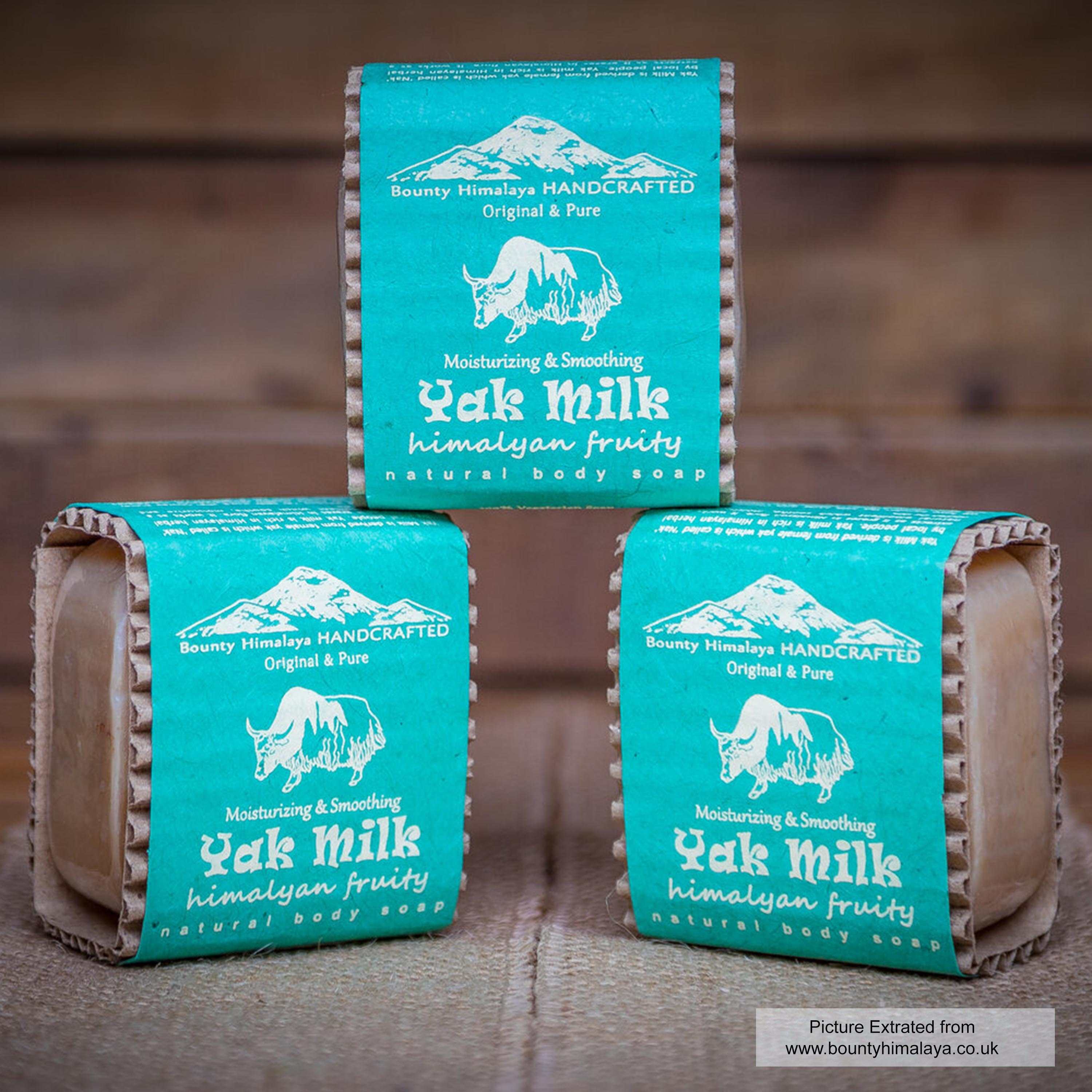A 100 Gram Bar To Refresh And And Help You Feel Rejuvenated A Wonderful Natural Soap.
Not Tested On Animals, Contains No Animal Fat And Is Free From Harmful Chemical. Also Completely Biodegradable.
Ingredients
Coconut Oil, Castor Oil, Churee Butter, Glycerin, Soap Nut, Sesame Oil, Turmeric, Sunflower Oil, Neem Oil, Honey,
Herbal Soap
Most commercial soaps contain chemicals that can be harmful to the skin, and using natural herbal soap can be a good alternative. Herbal soaps are made using natural herbs and ingredients that are healthier and more beneficial to the skin and are less likely to cause any harmful effects. Some natural soap manufacturers also use aromatherapy and herbal treatments to offer the best skincare.
Crafted with rare herbs and 100% raw ingredients, herbal soaps have been proven to be particularly beneficial to the skin. The herbs infused in these soaps have therapeutic and healing characteristics that offer special benefits to the skin, such as nourishment, strength, healing, and moisturizing. These soaps also contain super fatty oils, vitamin E, aloe vera, and essential oils, all of which lead to goodness.
Herbal soaps are also useful in the treatment of numerous skin problems. These soaps also contain glycerin, which is not commonly found in industrial soaps. Glycerin helps to preserve moisture in the skin, making these soaps suitable for dry skin conditions.
Read More
Ingredients
Nice quality herbal soaps are made from raw extracts, edible oils, mineral oils, and other natural ingredients. Some common ingredients used to produce these soaps are certified organic olive, coconut, palm, soybean, castor, and almond oils, with the addition of cocoa butter, shea butter, aloe vera, vitamin e, and essential oils.
These soaps contain no additives, synthetics, fillers, petroleum distillates, liquids, dyes or metals.
Various types of herbs used to produce these soaps include burdock, comfrey, eucalyptus, hyssop, oat straw, plantain, red clover, rosemary, and witch hazel.
The various types of essential oils used to produce herbal soaps are
Olive Oil - Rich in Vitamin E and works as a humectant for skin. Produces silky bubbles
Coconut Oil - Rich in moisturizing properties and helps create a hard bar of soap with fluffy bubbles/lather
Palm Oil - Good for the conditioning of skin and helps make a hard bar
Soy Bean Oil - Rich in vitamins A, E & K. Provides good natural antioxidant and moisturizing properties
Cocoa Butter - Softens and protects the dry and chapped skin. It is a super-emollient produced during the manufacture of cocoa and chocolate
Buying tips
Check the ingredients carefully when choosing a herbal soap. Any producers of soaps may also say that they use additives, such as lavender, although they simply use lavender scented oil, which is not the same thing as essential oil and does not produce the same result. Scented oil is not the same thing as essential oils and does not produce the same result. Suitable herbal soaps can be chosen based on the quality and reaction of your skin. A moisturizing soap with natural and herbal ingredients may be picked to achieve the best results.
Soaps produced using conventional cod processing methods should be preferred as they preserve and maintain the nutritious value of the herbs used in the manufacture of soap.
If your skin is dry, you can use a natural soap made with oatmeal and/or avocado extracts. Herbal soaps made for dry skin usually contain lavender, peppermint, and spearmint oils, which tend to remove impurities in the skin. If you have oily skin, look for a natural soap with almond oil or one made with calendula oil. Tea oil-containing soaps are also considered to be effective in treating oily skin conditions.
